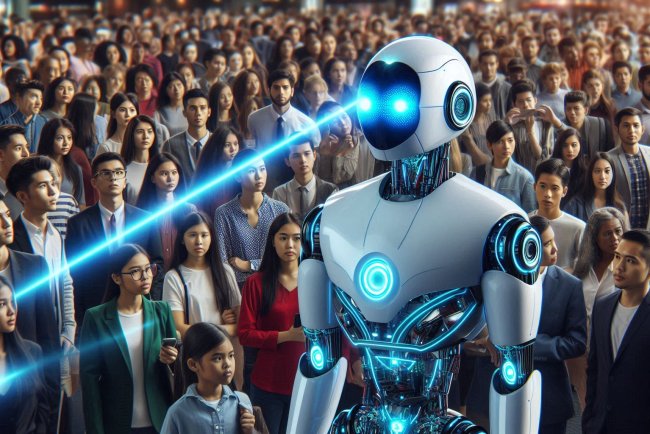AI democracy: AI-powered governance and decision-making
Explore the possibilities of AI democracy with AI-powered governance and decision-making for a more efficient and inclusive society. Join the conversation!

AI Democracy: AI-powered governance and decision-making
AI democracy refers to a system of governance and decision-making where artificial intelligence (AI) technologies play a central role in shaping policies, managing resources, and addressing societal challenges. This innovative approach aims to leverage the capabilities of AI to enhance the efficiency, transparency, and inclusivity of democratic processes.
Benefits of AI Democracy
There are several potential benefits of implementing AI democracy:
- Efficiency: AI can analyze vast amounts of data quickly and accurately, enabling policymakers to make informed decisions in a timely manner.
- Transparency: AI algorithms are often more transparent than human decision-making processes, making it easier to trace the logic behind policy choices.
- Inclusivity: AI can help identify and address biases in decision-making processes, promoting greater fairness and equity in governance.
- Adaptability: AI systems can learn from new data and adjust their recommendations over time, enabling governments to respond more effectively to changing circumstances.
Examples of AI Democracy in Action
Several countries and organizations have already begun to explore the potential of AI democracy:
- Estonia: The Estonian government has implemented various AI-powered solutions to streamline public services, such as e-residency and digital voting systems.
- Singapore: Singapore has launched the "AI Governance and Ethics Initiatives" to develop guidelines and frameworks for responsible AI adoption in governance.
- United Nations: The UN has established the "AI for Good" initiative to harness AI technologies for achieving the Sustainable Development Goals.
Challenges and Concerns
Despite the potential benefits, AI democracy also poses several challenges and concerns:
- Privacy: AI systems may require access to personal data, raising concerns about data privacy and security.
- Bias: AI algorithms can inadvertently perpetuate existing biases if not properly designed and monitored.
- Accountability: It may be difficult to hold AI systems accountable for their decisions, especially in cases of unintended consequences or errors.
- Ethical dilemmas: AI democracy raises complex ethical questions, such as the trade-off between efficiency and human values.
Future Directions
As AI technology continues to advance, the future of AI democracy holds great promise. Some potential future directions include:
- AI-assisted policymaking: AI systems could help policymakers analyze complex policy issues and predict the outcomes of different decisions.
- AI-enhanced public participation: AI tools could facilitate greater citizen engagement in governance processes, such as through virtual town halls and deliberative platforms.
- AI-powered regulation: AI systems could be used to monitor compliance with regulations and detect potential violations more effectively.
Conclusion
AI democracy represents a transformative approach to governance that has the potential to reshape the way societies make decisions and address challenges. By harnessing the power of AI technologies, governments can improve the efficiency, transparency, and inclusivity of democratic processes. However, it is crucial to address the challenges and concerns associated with AI democracy, such as privacy, bias, and accountability, to ensure its responsible and ethical implementation.
Overall, AI democracy offers a glimpse into a future where technology and democracy converge to create more effective and responsive systems of governance.
What's Your Reaction?

















